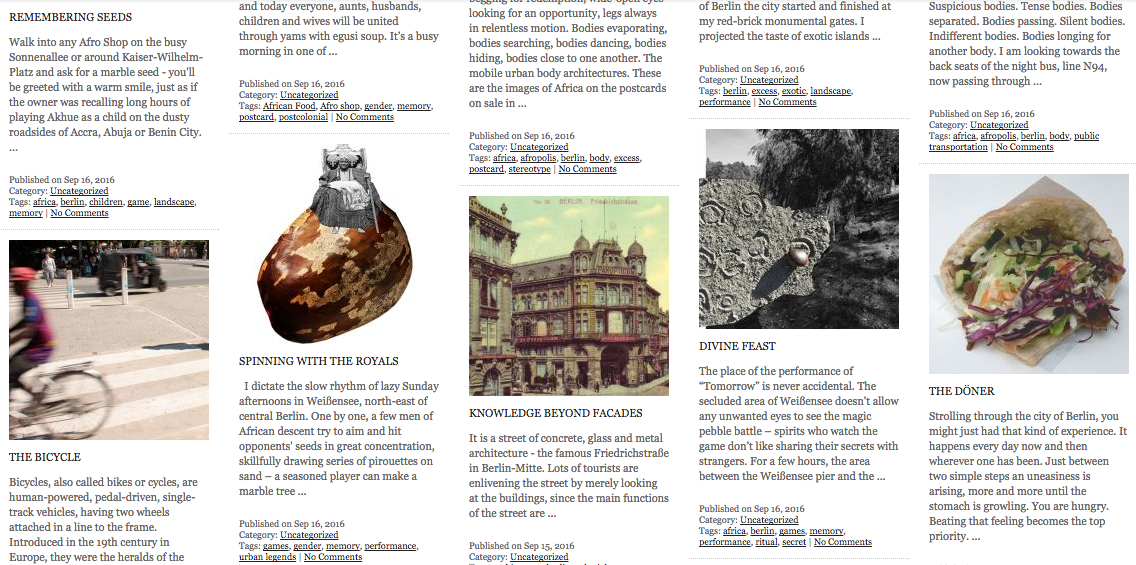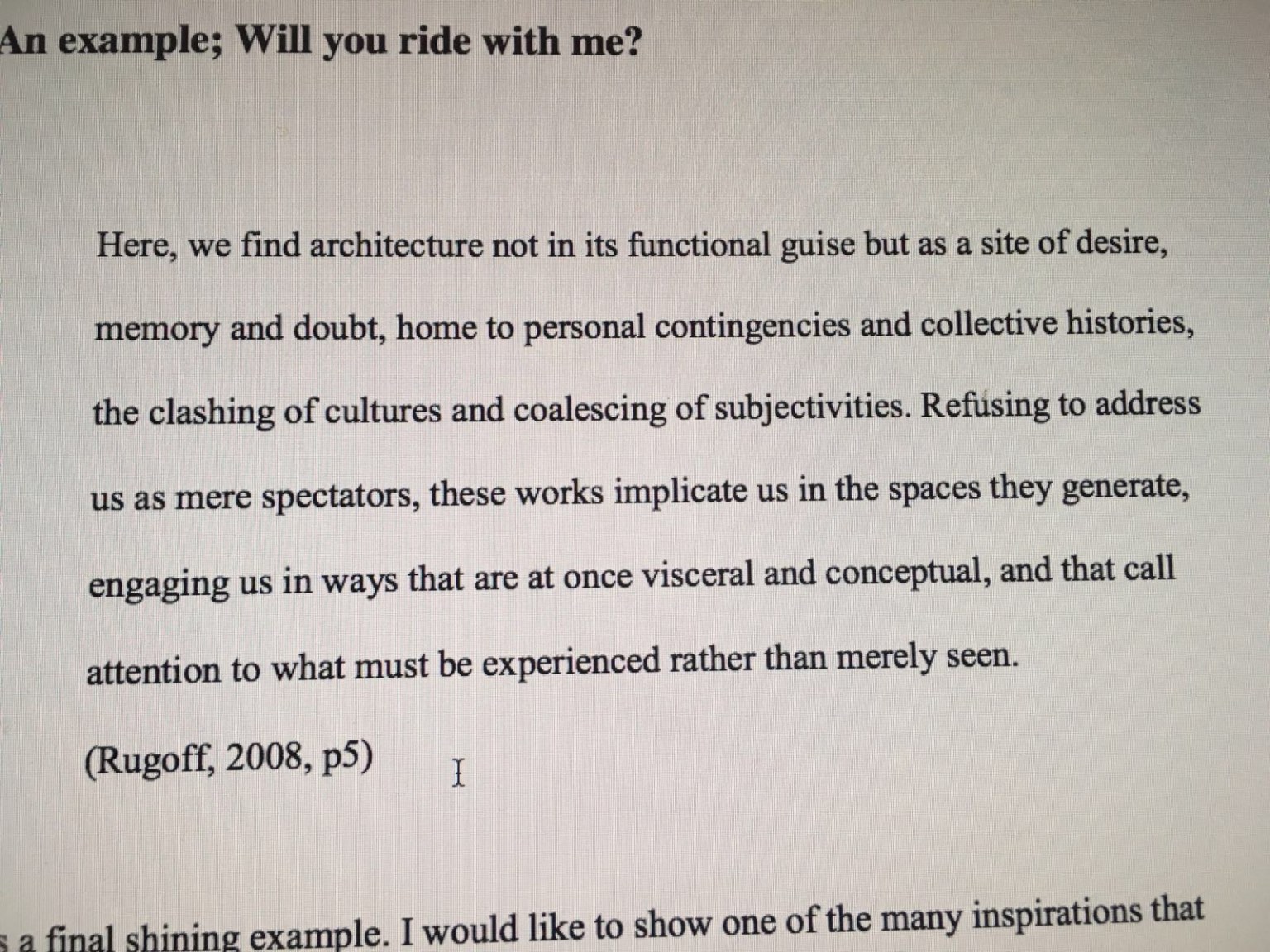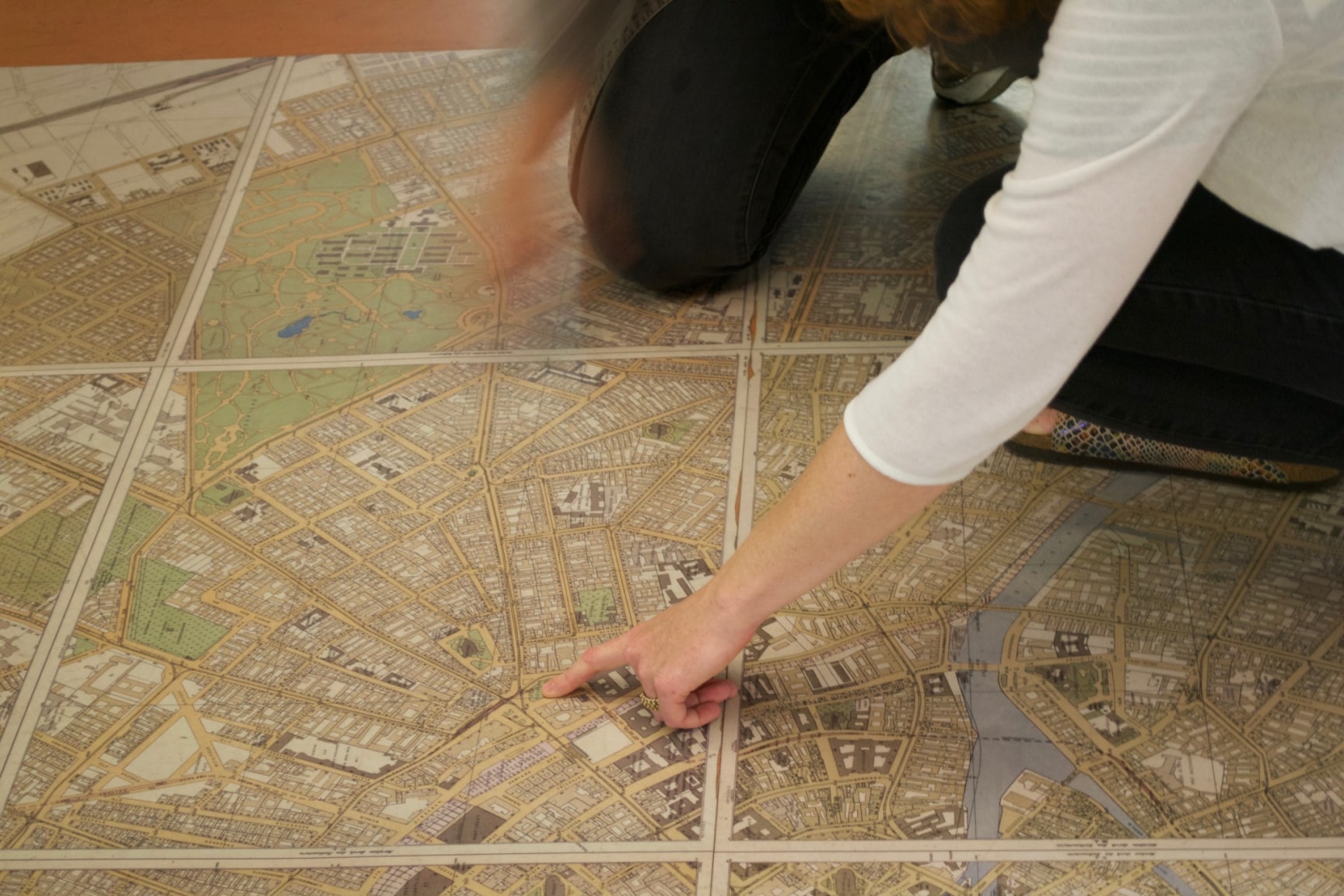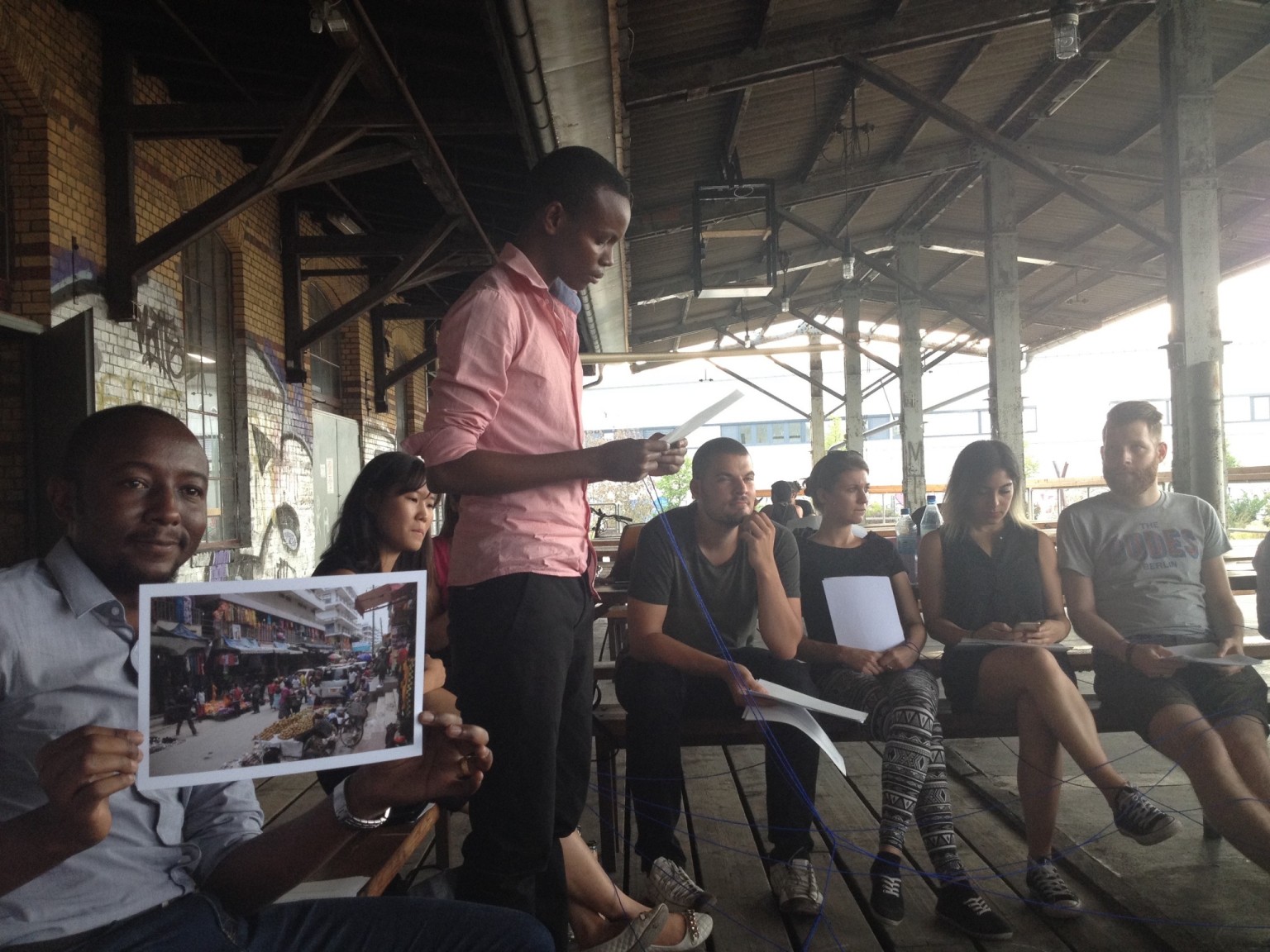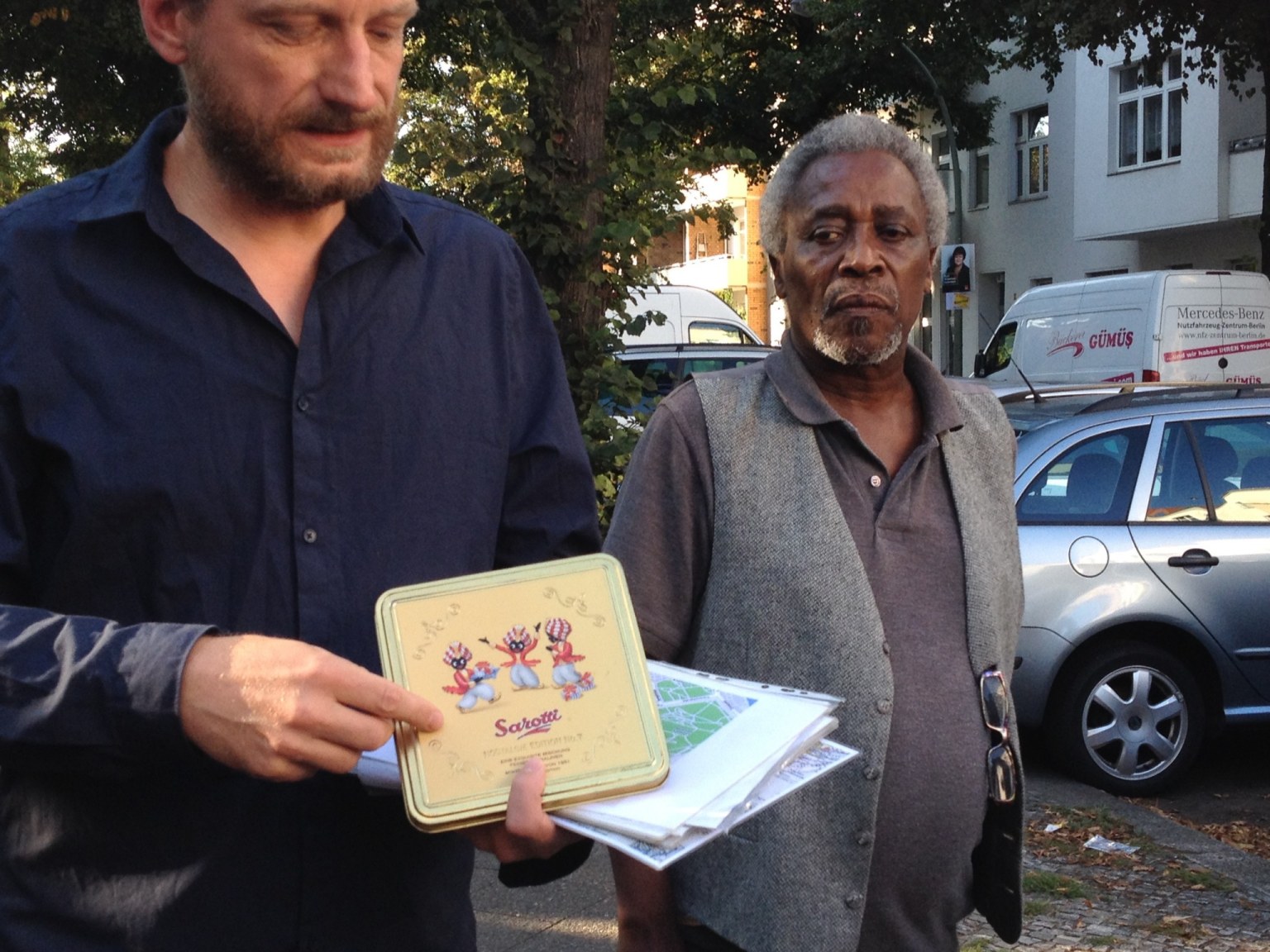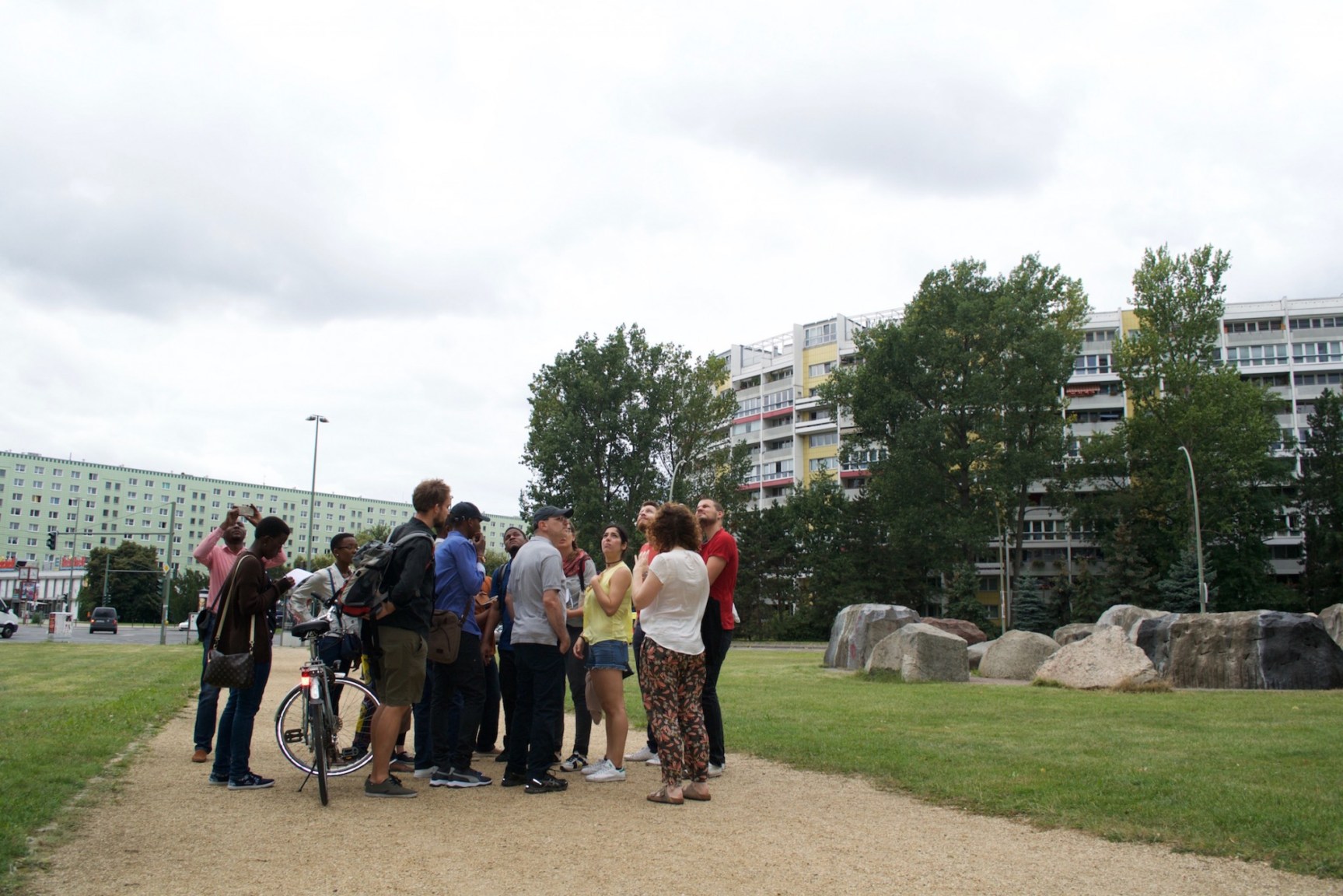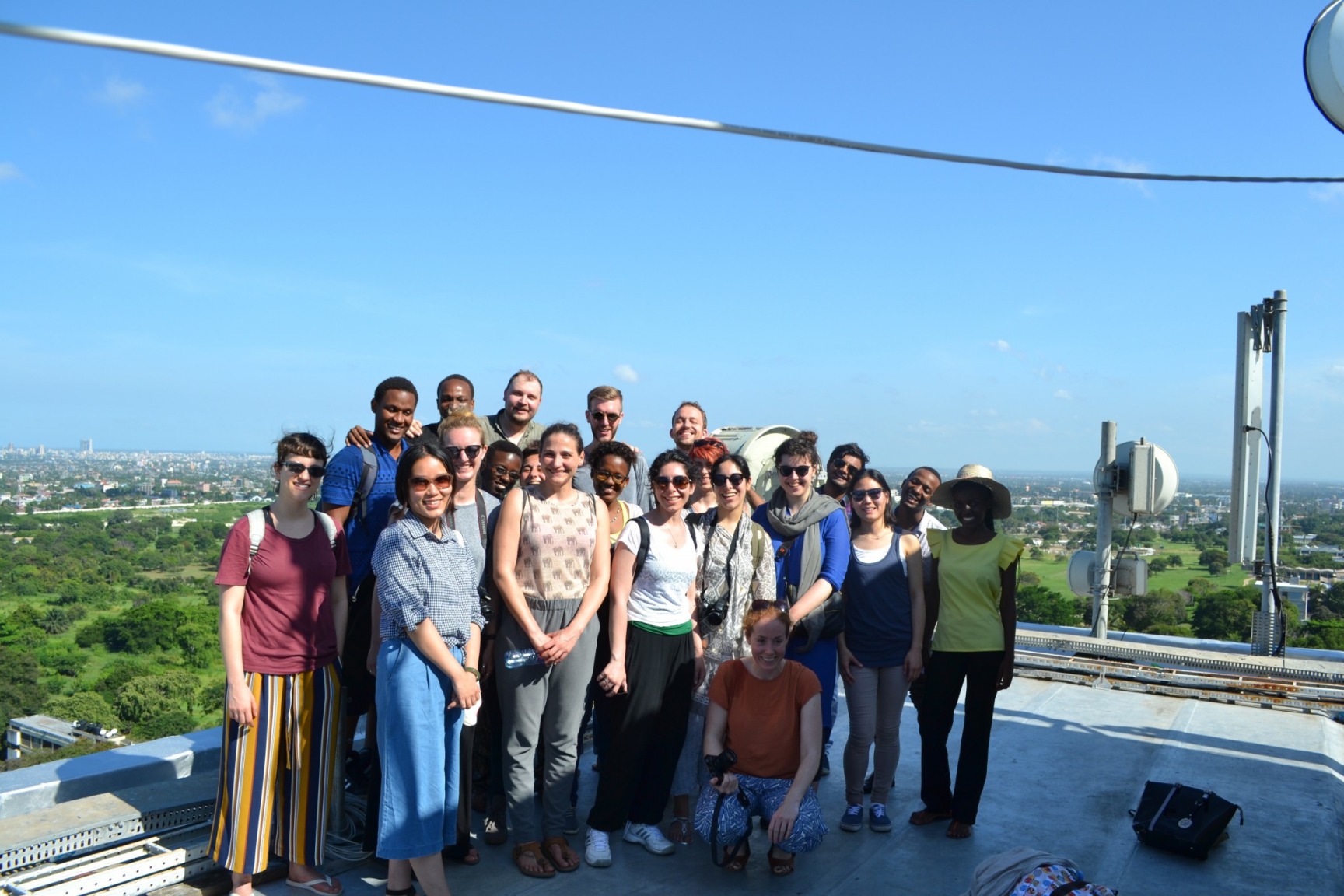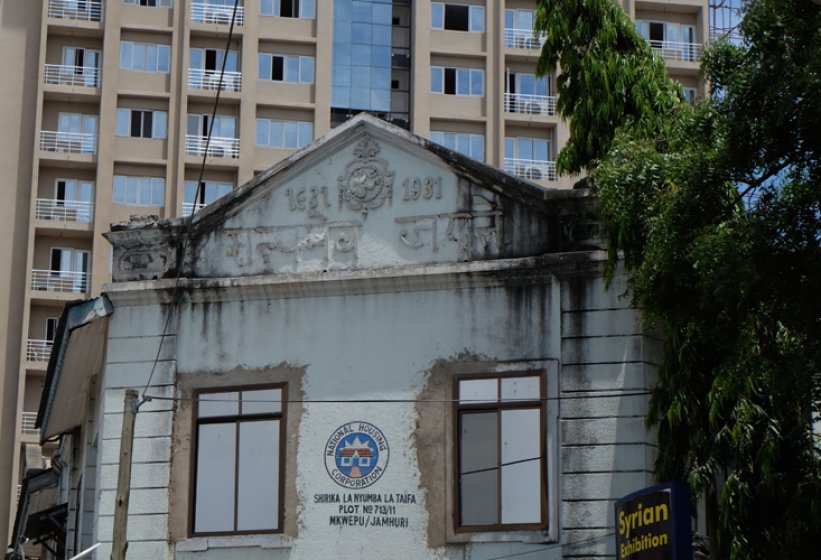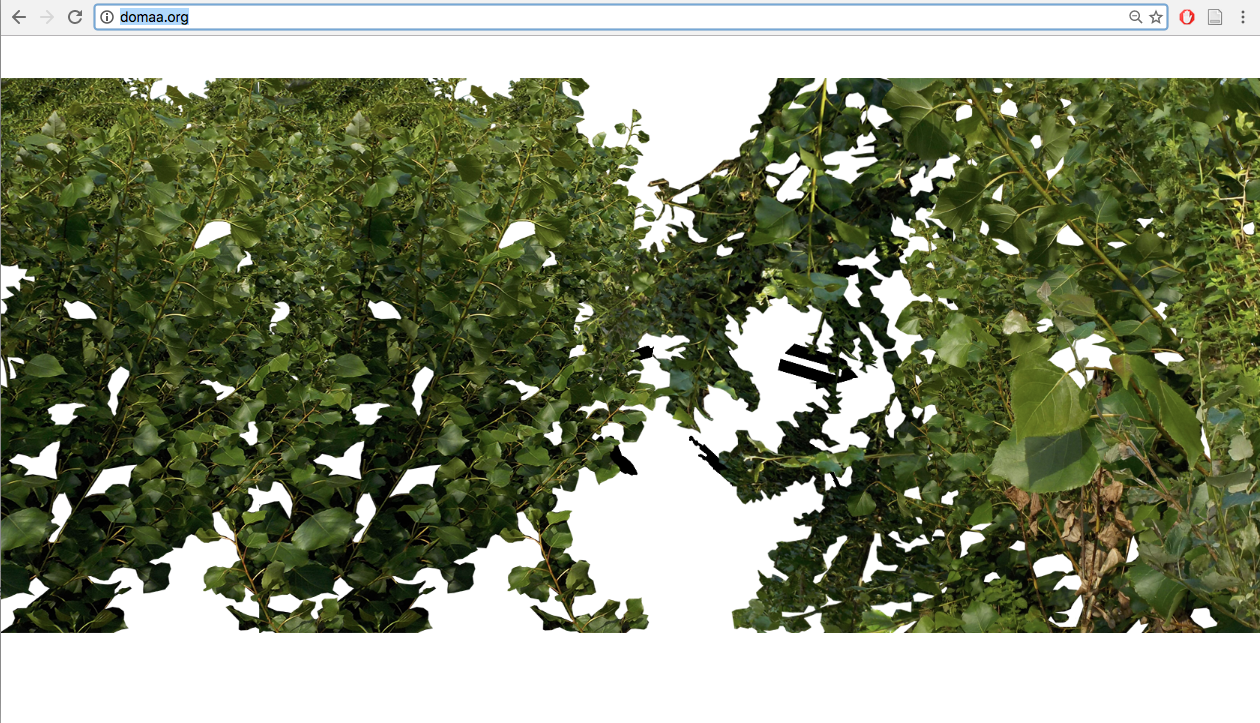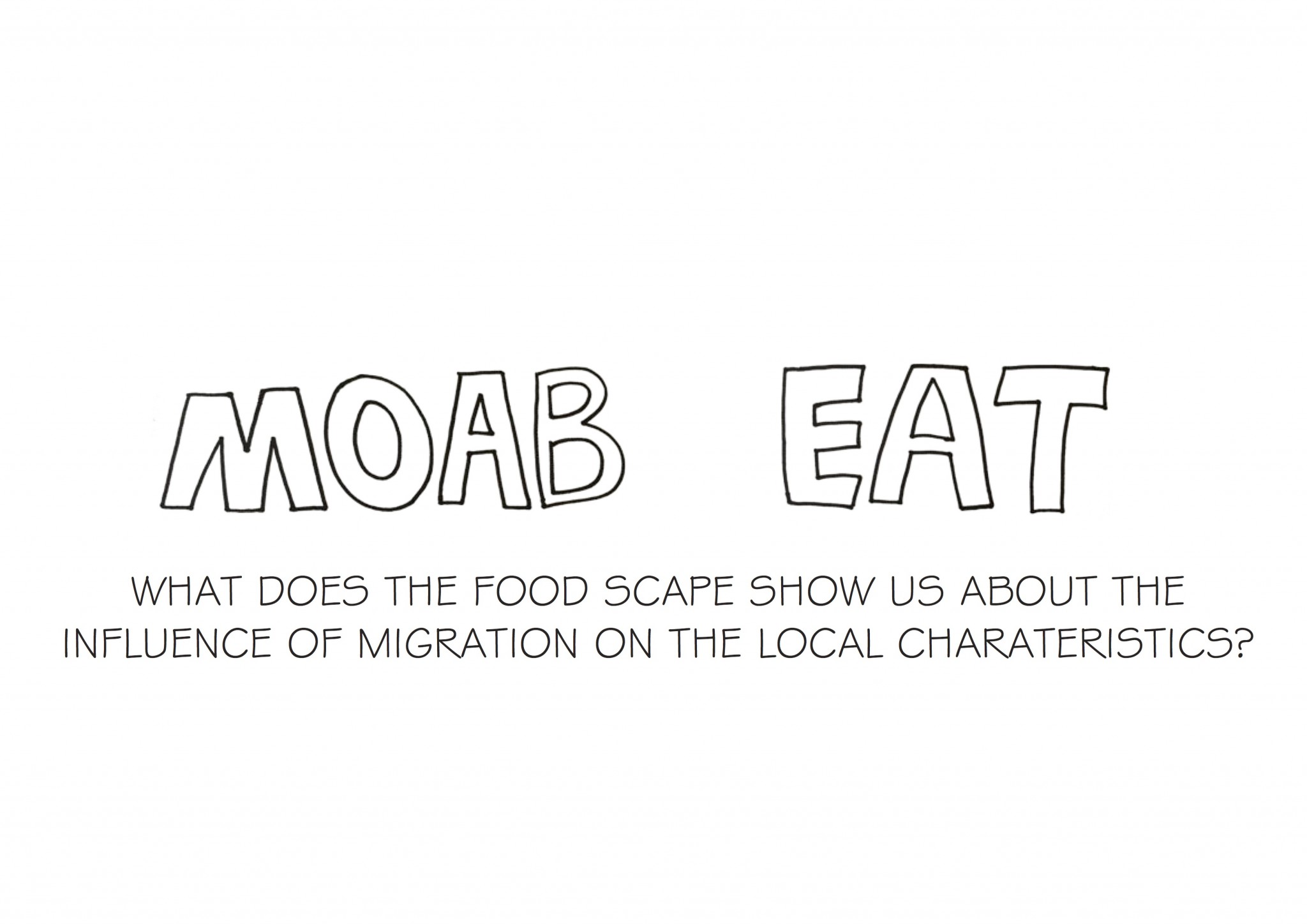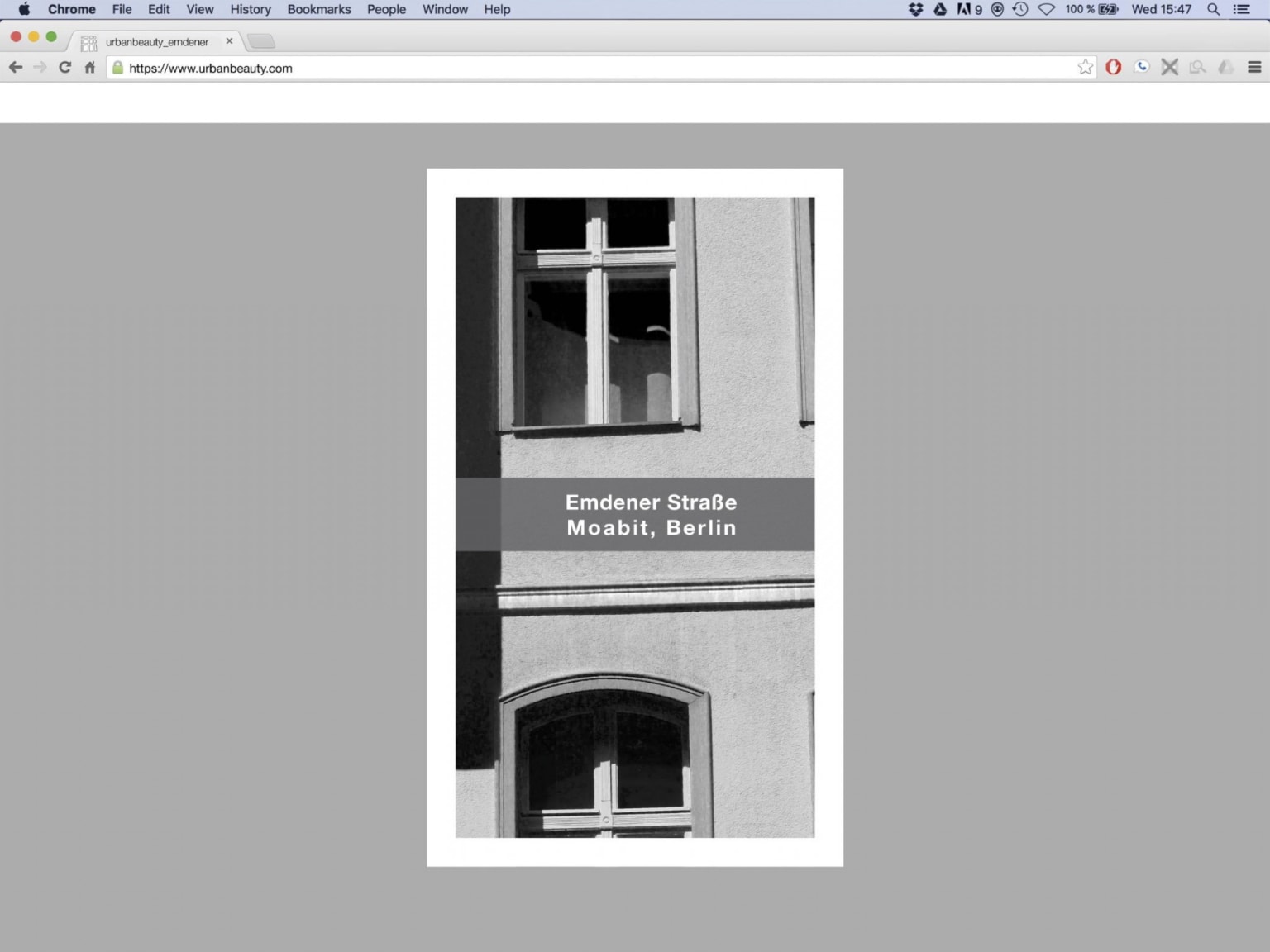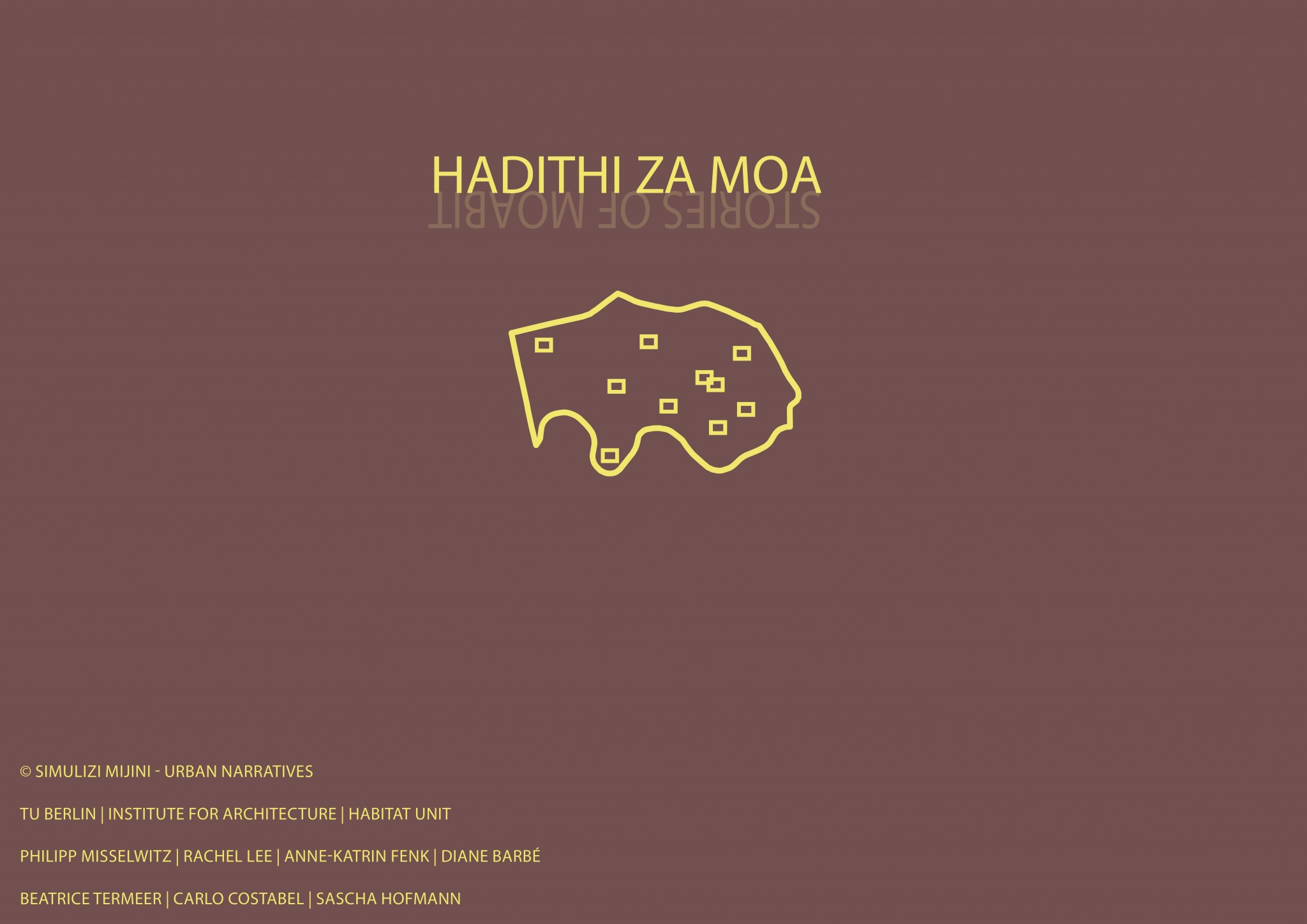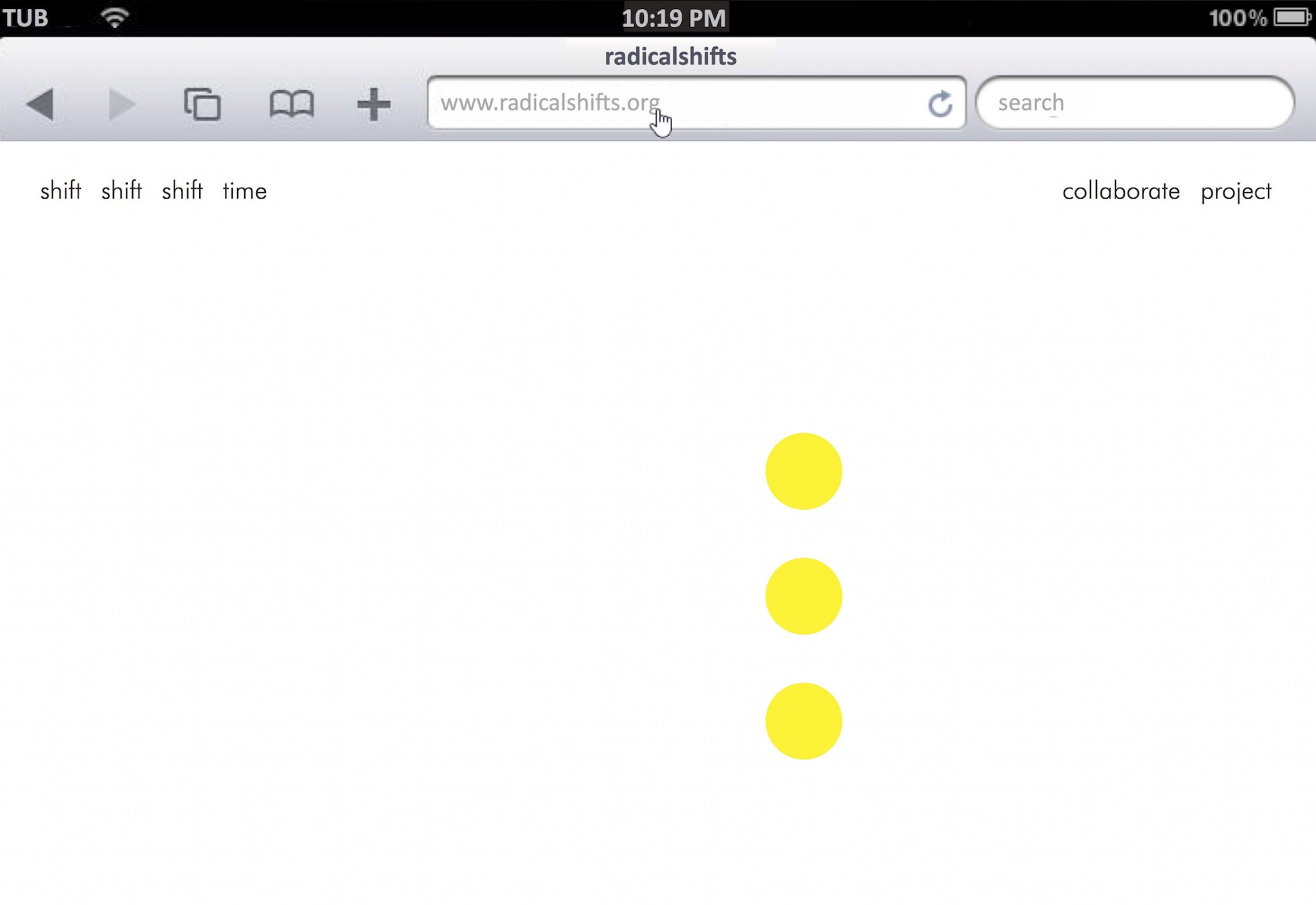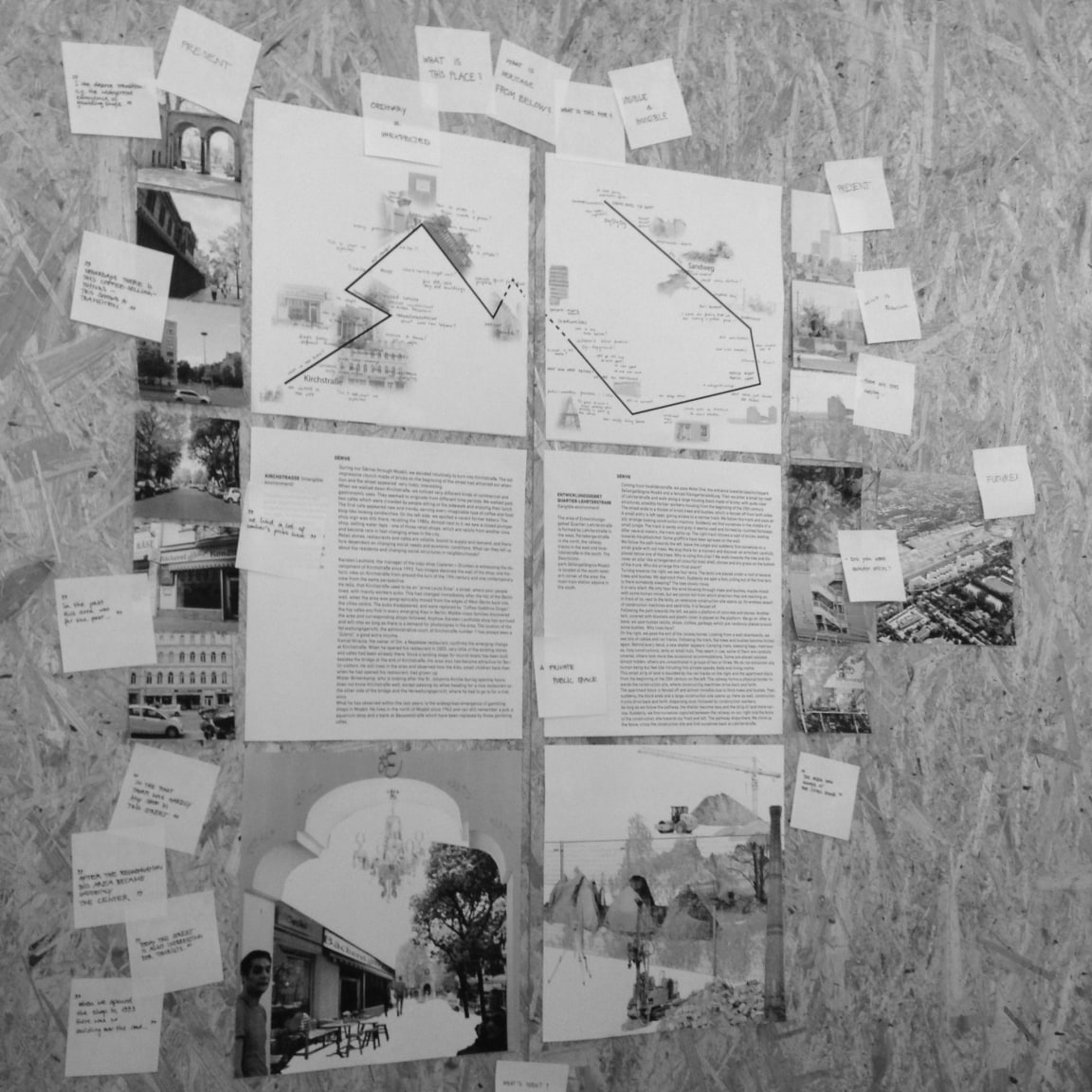
• Summer School in Dar (TU / Ardhi): looking at non-official narratives of heritage in urban space, from the outskirts to the inner city. Focus groups: visual/oral culture, open/green spaces, markets/trading centres, access/boundaries, habitat, temporalities, gendered spaces. March 2016
> Dar summer school article
> selected narratives (archive under construction)
• Summer School in Berlin (TU / Ardhi): building onto the materials collected during the previous summer school, we worked together to find intersections of the two cities’ histories in Berlin –how Africa is perceived and represented in urban space, where this shared history is visible, how it becomes curated and narrated, etc. August-September 2016
> Berlin summer school articles
> selected narratives
“The city is a discourse and this discourse is truly a language: the city speaks to its inhabitants, we speak our city, the city where we are, simply by living in it, by wandering through it, by looking at it. Still the problem is to bring an expression like “the language of the city” out of the purely metaphorical stage. It is very easy metaphorically to speak of the language of the city as we speak of the language of the cinema or the language of flowers. The real scientific leap will be realised when we speak of a language of the city without metaphor.” Roland Barthes
Semiology and the Urban, 1967
academic exchanges
BERLIN – DAR ES SALAAM
Explore (unspoken) cultural practices of urban heritage
Make room for collaboration and mutual learning
Allow non-conventional agencies (voices) to emerge
Bring awareness to students, residents, activists
Urban heritage: what is it? whose is it? Who decides what gets to be preserved?
Urithi mjini: ni nini? Wa nani? Urithi mjini unawezaje kujenga miji shirikishi?
“To me, an archive is a territory to be unearthed, to be discovered, archeologically dug up. Those operations are not necessarily linear. Just as an atlas allows you to move in time and space, across different territories, my kind of archive does not entail a prescribed journey; it is something that is an invitation to journey.”
Marquard Smith
in conversation with Giuliana Bruno
“Interweaving Visual, Material, and Spatial Cultures”
Visual Culture Studies: Interviews with Key Thinkers (2008)
• Theoretical seminar (TU Berlin): understanding the historical and spatial implications of “heritage” as a political tool in cities across the World, primarily in non-Western settings. October 2015 – February 2016
> Readings
> Background
• Research / Design studio (TU Berlin): exploring some of Berlin’s least researched neighbourhoods –Moabit, Wedding– to excavate alternative visions of the city’s development through stories of migration, radical change, military and colonial past… Students were asked to develop concepts for communicating and visualising these narratives with a digital platform: where can we discover the city’s (hidden) histories? what narratives do they reveal or avoid? how can we represent them meaningfully to create an online archive of urban heritage in Berlin? April – July 2016
> Tools to research the city
> Student proposals

